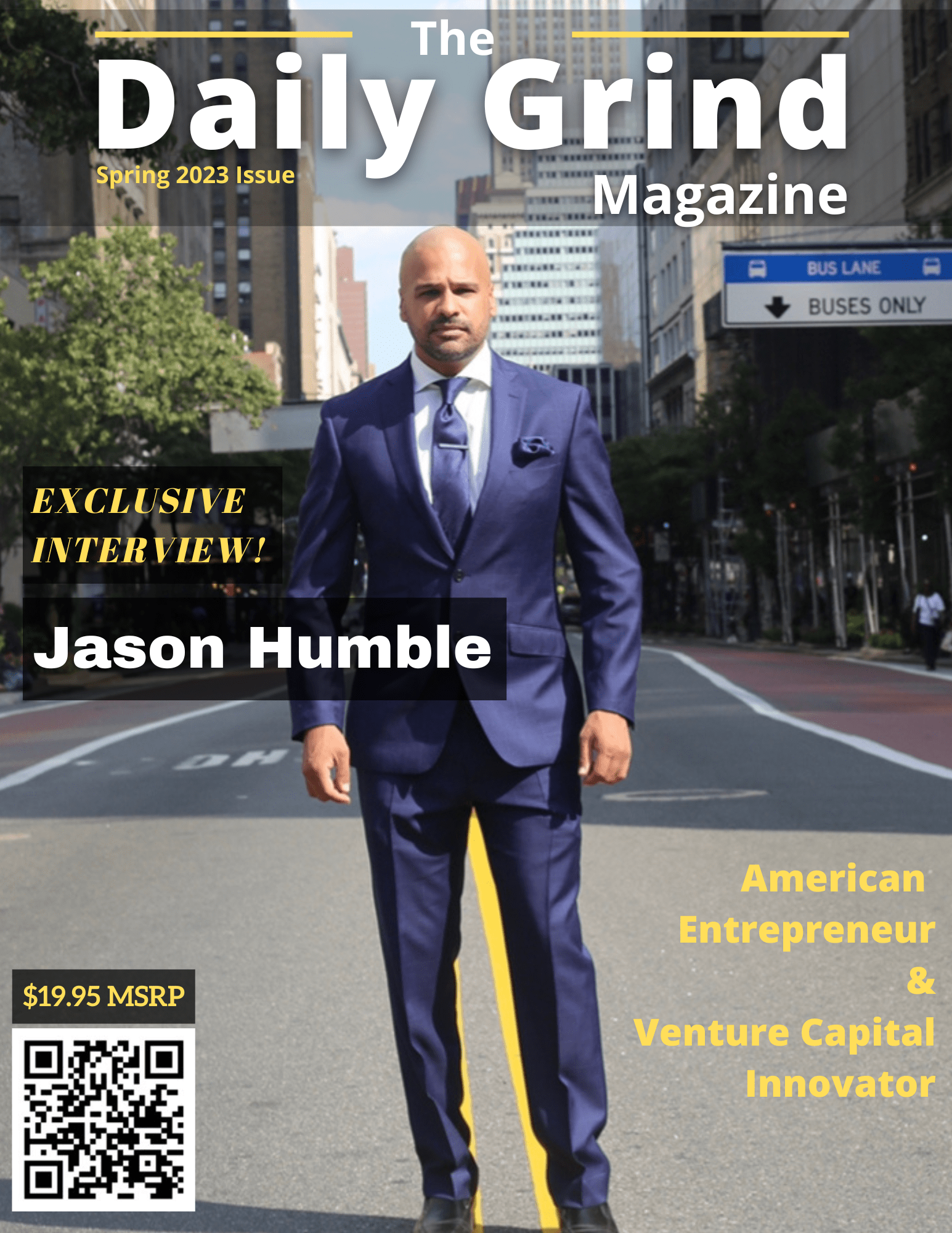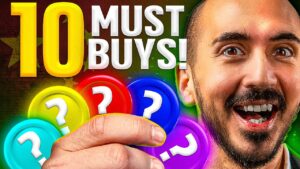– Whatever happened to College Humor? After nearly going out of business Just four years ago, The 25-year-old comedy brand
changed its name, grew up And started turning a profit. I'm Josh Christensen, co-host Of the most Innovative Companies podcast. Today I'm in Los Angeles
talking to Sam Reich, the CEO And owner of Dropout. Sam and I sat down at Dropout Studios To discuss their business
model, commitment To workplace equity, And what's next for the
production company and streamer. Sam, thanks so much for joining me And welcoming us to your
beautiful Green Room. – Thank you so much for doing this. You are trapped in here. – I, well, if you watch
Game Changer enough, You probably have people
walking in here always expecting To become part of a game changer episode. – I cannot close the door
with Brennan in this room – Back in 2020, in January. Your former parent company
IAC owned College Humor, But in January, 2020,
dropped College Humor. Take me back to that time.
– Sure Were you surprised by this? Did you know it was coming? – I'll risk wasting your time
by giving you a little bit Of context, right. IAC bought College Humor in 2006, College Humor was bought
for a rumored $30 million. The goal was to turn it into
a company worth $300 million And throughout my tenure at
the company, which was 2006 to 2020, and throughout
my, I think nine bosses,
There was always a get rich
quick scheme of the time. It was ad sales. When social
media took over ad sales, It became briefly
television, which I was also A big part of trying to make happen. And they started talking about dumping us And I say that like a relationship Because it felt that way. I remember someone at IAC asking our then CEO Rich Cusick, what he
thought the company was worth, And him giving them a number And them being like, well,
I'd take that in a heartbeat. And I went, uh-oh. The higher
ups at our company, at College Humor Started fleeing like
rats from a sinking ship. So we lost our CMO, our
chief marketing officer, After the meeting, like immediately After the meeting where IAC
said they were gonna dump us. We lost our CEO, who by the way, I adore. He also fled very, very quickly. – So what kept you around? – Yeah, I think a sense of
loyalty to the staff. Honestly. The thought was like,
well, if we could do this, If we could sell the company, We would save jobs that way. – I don't know if you've noticed Or heard what Trap's been saying for weeks And weeks, but we're not doing well. We don't have any money. – I guess I just didn't realize
how serious it was. – No money means no company. – The problem was we had invested a lot Of money in subscription. – Right.
– On paper. The business plan that
we had in place had us
Spending $10 million Before we flipped profitable. So that was a business plan That we were putting in
front of potential buyers. Not only buy the company, But sign up for a $10 million loss. – Yeah.
– Before you start making money – After IAC officially dropped you. – Yeah.
– What happens, you, I know you cut staff immediately, But you buy the company – 15 interested buyers
drop out one by one. It comes down to me and
one other potential buyer. IAC decides to go for my unique deal. It takes us something like three months To sign an agreement between each other. They lay everyone off
except for seven people That I pled them to keep in January. We don't sign our deal until March, Two days before lockdown here in LA. – So great timing.
– Oh, the best. – And really at that
point, you're basically With a little bit of a headstart
with some brand identity And like at least some semblance
of the subscriber base, But essentially you're
founding a new company. To that point, College Humor had only been Occasionally profitable in its history. – Yeah.
– And was not profitable at the time. – Yeah. Which obviously
influenced IACs decision. – Yeah. – But you set out on
a path to build a business. No, corporate money. – Yep – No advertising, which was one Of the major revenue centers.
– Yeah.
– For College Humor. So what you, when you, you're
really interested in trying Profitable quickly, you want to cut off Entire sources of revenue. – Yeah. – That makes a lot of sense strategically – Just drop it over. You also cut off branded content. – Yeah.
– At that point as well. So you went all in on streaming. – Yeah. – How did you get to profitable? – We were profitable the moment
we began by a small margin Because there were so much
less people working for College Humor and we
weren't spending much money – You had a little over a hundred
people at that point? – We had something like 105
people before the layoffs. We went down to seven. I mean, this was like a,
it wasn't even a skeleton Of the company it was before. – Yeah.
– It was like a tow bone. The problem was how do we
grow from this little seedling Of a company now in a way
that's slow and responsible And sustainable. In a way
where we're protecting profit margin. You think about growth a
little bit differently than A lot of companies. I think a lot of, there's a lot Of business magazines out there,
occasionally ours included, I will throw us in there, That fetishize growth for
growth's sake at some point. – Yes. Yes. – How do you think
about growth as a business? – Part of the benefit
that we have is the way
That we're set up as a company. Meaning we're, we're
now a private company. IAC obviously still owns a
percentage of the company And they're a public company. We have a product we go
direct to market with it And we reap the result of That from our audience base in the form Of monthly subscriptions, full stop. Like it, it could not
be simpler on, on paper. And because we're not in the meta sport Of growing this business, We can be very slow and responsible and, And reasonable about it. We always forecast super conservatively, Just meaning we don't
guess that we're going To be very successful and then
spend against that guessing. – Helps to be self-deprecating
at times, I guess. – Yeah, totally. – I wanna jump in
– please, please, – a little bit more Around generating revenue. It's about 80 to 85% Of your business is coming
from streaming subs. – Yeah. – You mentioned to
me about 10% is from merch. I imagine the, the rest is
sort of some miscellaneous – Black market organ sales. Yeah. – That exactly What other revenue streams- I know you're not doing digital
advertising again. And you're not doing that. You're not taking corporate money. – Yeah. – At least not
anytime soon or maybe ever. What other revenue streams outside Of your streaming service
are you hoping to grow
As a larger part of your business? Nothing. Okay. – Merch I think is super interesting. I think that there's
experiments that we'd love To do in merch along the
lines of like, we'd love To break out into video
games at some point. We'd love to try our hand
at a, at a card game, Like a Cards Against Humanity
or an Exploding Kittens. Live we do not see as a moneymaking
opportunity at all. We certainly could, But the way That we look at Live is way
more marketing content in the Sense that we are taping these shows And putting them on the platform. – Right. – And an
opportunity for the talent. – Yeah. – Like we're not, we're not really
interested in levering live For profitability's sake. We are really 90% focused
on growing the platform And that focus so far has has paid off. – So the question is, After all of that context, How big is too big for Dropout? – First of all, I watch a huge amount Of content on streaming. I'm obsessed with TV and I
love scripted premium content. I do think there's a way
in which this kind of era Of like hyper premium content
has created a reactionary Market where folks are
really interested in stuff That feels a little bit more
garage bandy and, and authentic Or a, a small player can
come in and be disruptive Because a big player can't
adopt their business model Without disrupting their
existing business model. – When people are saying that like, oh,
You can't make comedy anymore. – Yeah – You are doing
silly, ridiculous comedy And not punching down. – Yeah. – Not hemming and hawing
over what you can or can't say. – Sure. – Is that just based on your values And the values of the pe- Like how much do you think
about this In terms of your place?
– Probably Probably less
than people would imagine. There are some really basic values under What Dropout is like being
kind and respectful to people And appreciating their work. We get the feedback a lot That folks feel like watching
our content in the dropout Platform in general is a safe
space when all we are is like Very decent, you know? Now are there other progressive
politics going on here? There absolutely are. I mean, like Brennan is such a sort Of devout anti-capitalist And that messaging is all
throughout Dimension 20. – If Brennan's the DM,
the bad guy is capitalism. And I dunno how the bad guy is
capitalism in fairytale land, But I am confident that
he will have found a way – Our individual voices are
certainly popping up here And there. At the end of
a Game Changer episode I, I had a lever where my
players unionized against me And I celebrated it, but at, at its core, I think is just decency. And then it surprises me that the bar is So low everywhere else. – Ultimately the question
is about valuing workers
And building that into
your company culture And how you've made that commitment. – I do think it helps that All of us now – business partners
of the company, executives And the company – we're all of us Creative people who make things ourselves. And so we really do value
these contributions. There's always this sort of like chasm Of appreciation that
happens when you have people Who don't come from this world Or make stuff who, who come And see what we do,
meaning comedic performance Or whatever it is, Writing, improvising, as like hanging out Or flippant work between the people Who actually make the stuff
and know what that means. Like how precious this stuff feels. How valuable our time
has to be in order for us To like treat ourselves
in this career seriously. So I think, I think it just
comes from a place of, of Respecting the craft. – For more from my conversation with Sam And some special other
interviews, subscribe To Most Innovative Companies
on Apple podcasts, Spotify, YouTube Music, or wherever you listen.




